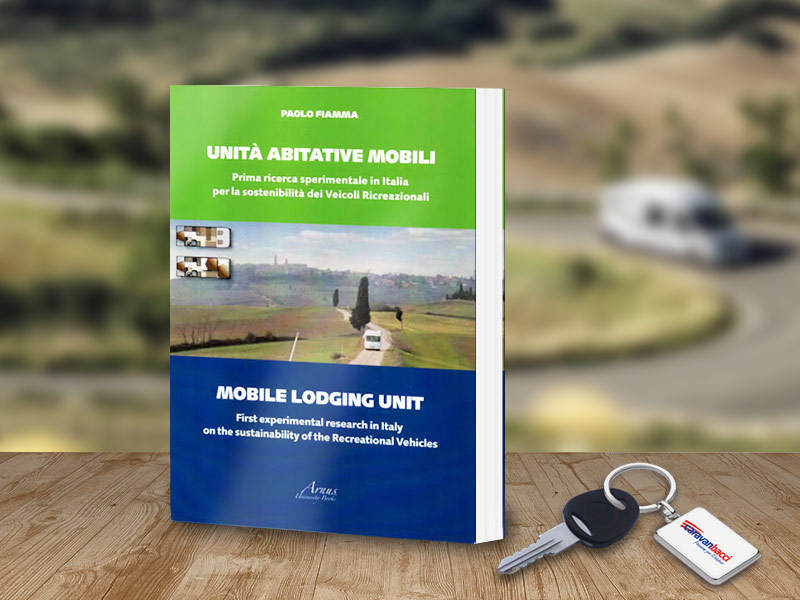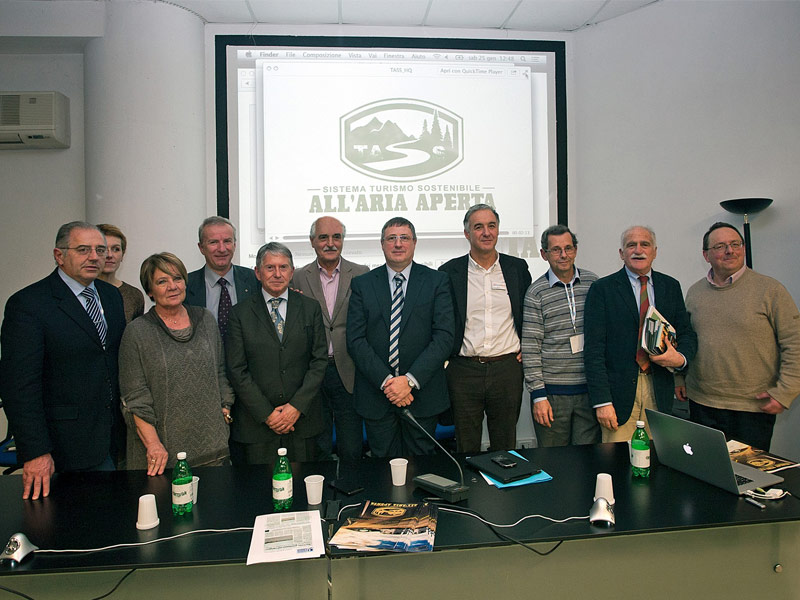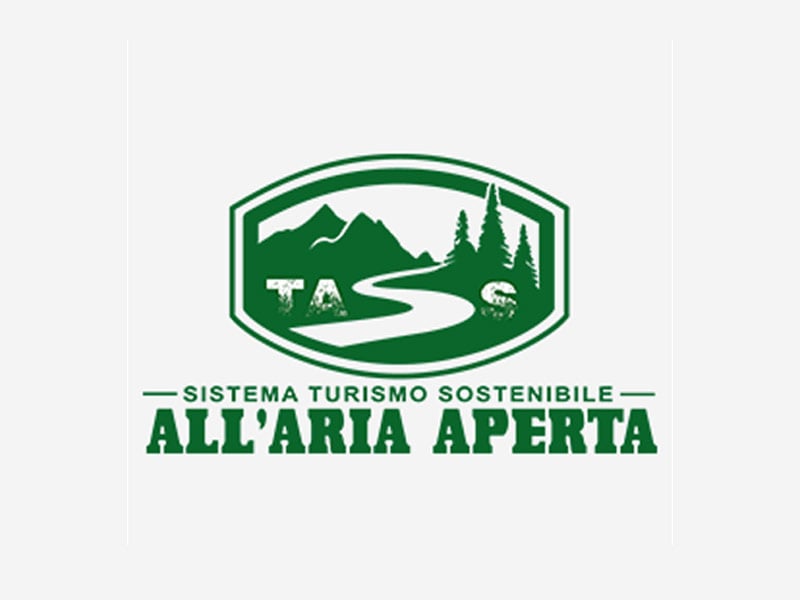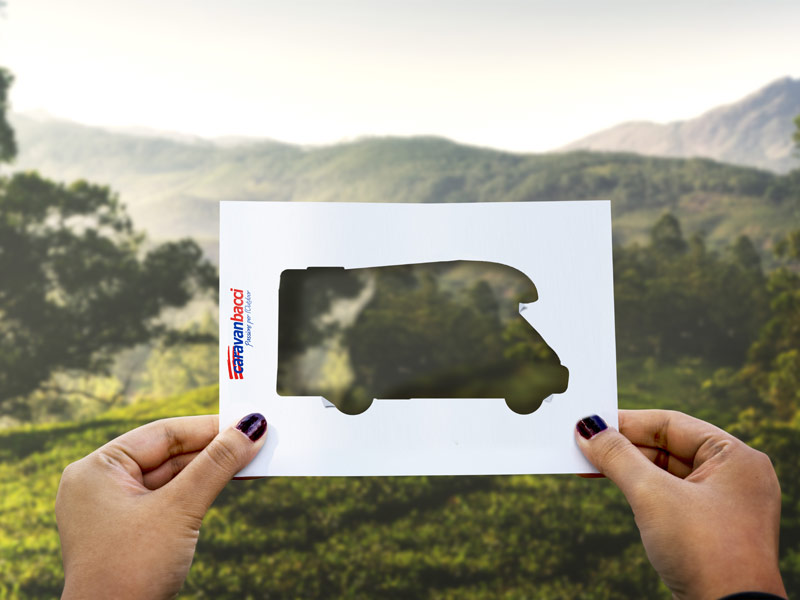Sustainability of Recreational Vehicles, first experimental research in Italy
- 18 September 2021
- Blog & News, Environment
- Posted by Dibix
- Leave your thoughts
Printing of the book “Mobile housing units”
Following the study of Eng. Paolo Fiamma of the engineering department of the University of Pisa, on the impact of camper tourism on the territory, financed by Caravanbacci, was born “Mobile Housing Unit”, a book printed in two languages, in which the research data are published.
The data collected in this volume show that a motorhome holiday reduces CO2 emissions by up to 52% compared to a traditional holiday.
In June 2015 the book was presented by Fiat Ducato Camper to the European press of the sector.

In the preface Paolo Bacci writes:
Jacques Cousteau once said: “Knowing your planet is a step towards protecting it”. For over 40 years this belief has been the basis of all my projects and of the passion for traveling tourism that characterizes the life of my family and my collaborators. I have always looked to the discovery of places, flavors, people as a cultural growth. Over the years I have become a tourist, or rather more than a tourist, a conscious traveler. The havoc I have witnessed, the loss of identity of once enchanting places, the growing awareness of how much we pollute every day and how much with our choices, our attitudes can however contribute to safeguarding the environment, has always made me more proud of the form of tourism I have chosen.
In 2012, together with the Region of Tuscany, with which we had already carried out the conference and the consequent project of welcoming recreational vehicles by farms, we began to collaborate with the University of Pisa and, supported by Fiat, we organized a conference on “Alternative Energy and Sustainable Tourism”. In the presentation of the conference we wrote:
“Sustainability must be seen as a value and as an element capable of generating business. Never before as now, free time and holidays are central elements of our life combined with a greater sensitivity for green living: an ecological lifestyle does not only include the development and diffusion of renewable energies but, also the way we choose to spend our free time. When we go on vacation, the destinations we choose, the means to reach them and the accommodation facilities can make the difference”.
The meeting with the engineer Fiamma, the stimulus from Fiat, gave birth to the desire to give scientific feedback to what I had been arguing for some time.
The main purpose of the survey, which then gave rise to this book, was to make public opinion, national and European, understand that VR is a house plus a motor at the same time, therefore the production of CO2 must be seen as a whole but not only; they wanted to raise awareness: local administrations so that they could enhance the infrastructural receptivity for VR seen as completeness of the receptive potential; farms so that they would open up more and more to this form of hospitality to the point of creating a network like the French one that involves 3,000 companies throughout the territory; park administrators on the fact that ours is a quality, sustainable and ecological tourism, ideal for a truly enjoyment in contact with the nature of the parks; on the other hand, making the user of recreational vehicles aware of their economic contribution and the low environmental impact that they cause in a scientific way and at the same time giving them precise indications to optimize their resources and obtain further CO2 reductions.
With this research we have also thought of offering a tool to public bodies, especially to smaller centers that do not have and / or do not want a traditional tourist accommodation development, to promote the development of their territory with minimal investments and no environmental impact. and at the same time to demonstrate that the tourist flow generated by VR and the related induced activities would affect a new type of user who at the moment is not in any case a customer of the hotel facilities.
We believe that the camper is a tool for a better quality of life that allows you to discover and experience the area by knowing its flavors, culture and traditions while respecting the landscape and the environment.
VR is a tool that allows families to travel together, in a conscious and economical way. It educates in the conscious consumption of precious resources such as water and energy, educates to coexistence and respect for the rules, stimulates curiosity and ultimately makes us happier. If someone said that the greatest challenge of this century is to adopt an idea that seems abstract but is not, sustainable development, we have taken up this challenge.


